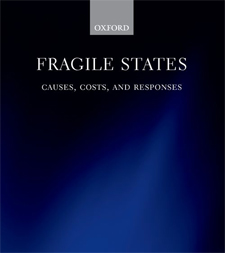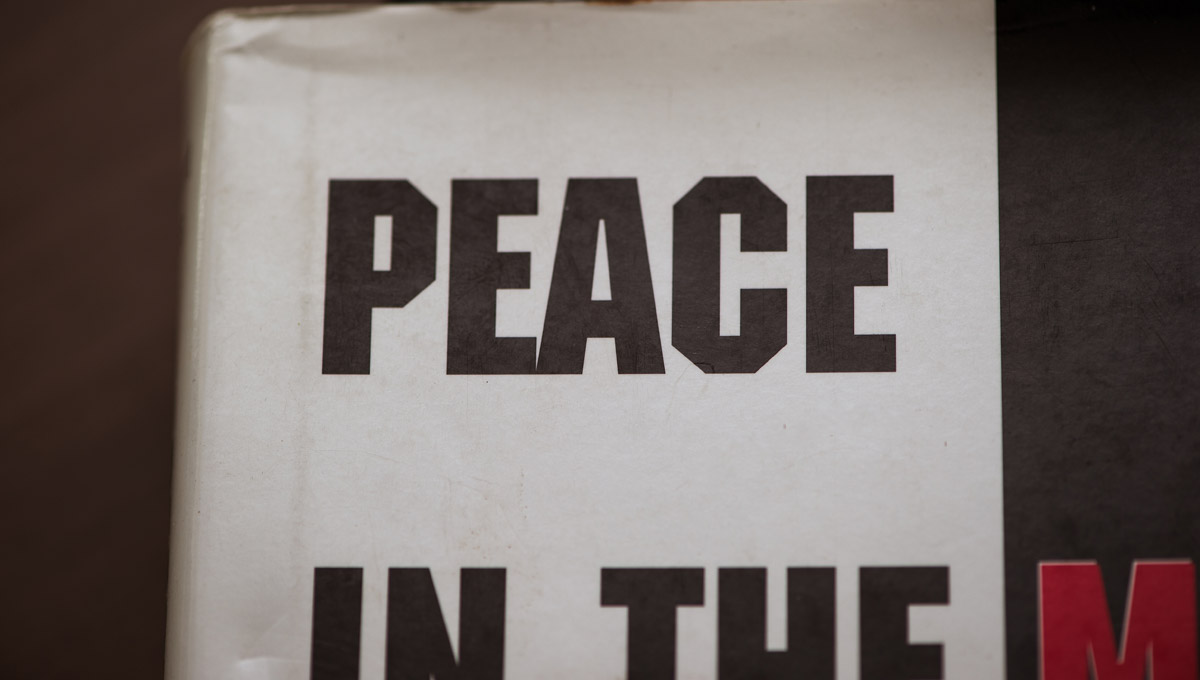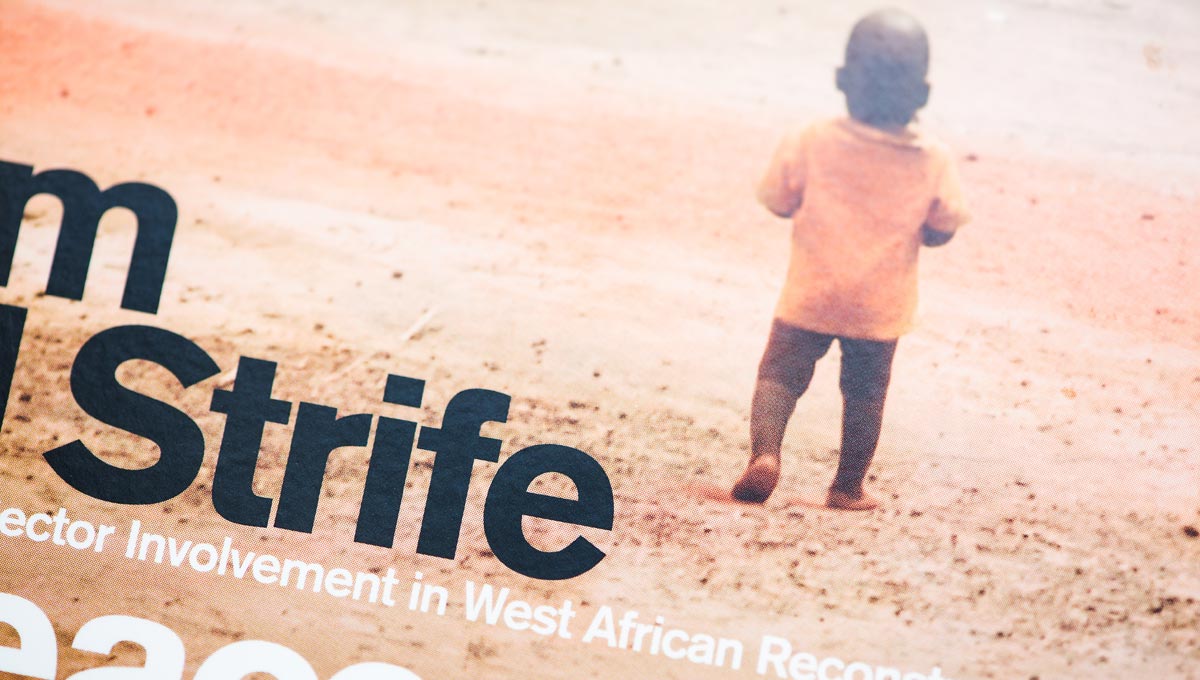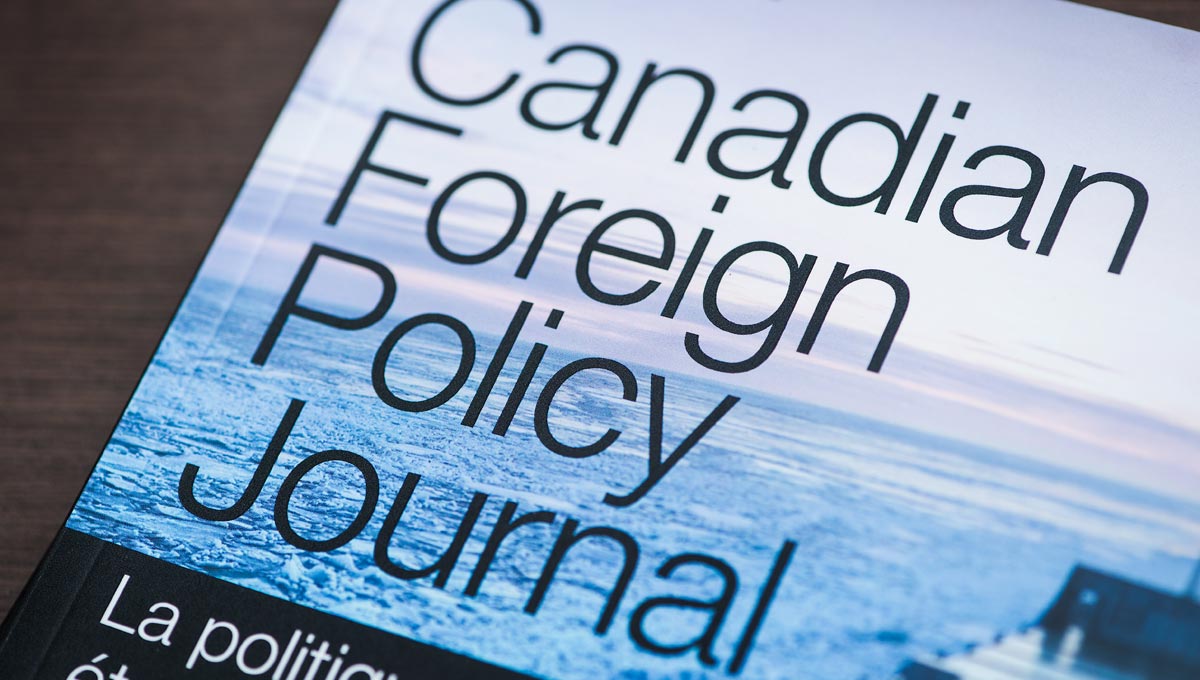By Kristy Strauss
When most people think of fragile or failed states, they might think of countries like Syria and Somalia.
And when these nations are in turmoil, one Carleton researcher says it can affect neighbouring nations – and it becomes everyone’s responsibility to help.
“These are complex problems – what we call problems from hell,” says David Carment, a professor of International Affairs at the Norman Paterson School of International Affairs.
“These are wicked problems, and they require huge co-ordination and investment from a variety of countries.”
Both fragile and failed states face difficult futures, says Carment, but they are different from one another.

Facing difficult futures
 “(A failed state is) unable to support itself; its institutions are destroyed, its leadership may be absent and its economy is underdeveloped,” he explains. “A failed state is the end point where countries no longer exhibit key features of statehood and don’t have the ability to function.”
“(A failed state is) unable to support itself; its institutions are destroyed, its leadership may be absent and its economy is underdeveloped,” he explains. “A failed state is the end point where countries no longer exhibit key features of statehood and don’t have the ability to function.”
Carment says that fragile states are different and may have a functioning political system, but might be economically underdeveloped – or vice versa.
In fact, he says all countries have the ability to become fragile – for example, when Hurricane Katrina hit the United States in 2005.
Over the years, the Carleton professor has studied the topic and currently leads a team of researchers that looks into how policies effect fragile and failed states.
Carment is the lead researcher for the Country Indicators for Foreign Policy (CIFP) project, which is a joint project between academics and the government. The website, carleton.ca/cifp, includes reports and statistics that show a range of issues facing the country, including its history of conflict, environmental issues, refugees, and divisions among the nation’s ethnic groups, to name a few.

Monitoring, forecasting and evaluating fragile and failed states
The research team has developed many tools that help monitor, forecast and evaluate fragile and failed states.
“We figure out how these countries are performing, produce a fingerprint of each country’s performance, tie that back into policy, and feed it back into the government,” Carment explains.
He says the team works with any organization that will support its research, and historically has worked with the Canadian government’s Department of National Defence, Canadian Forces Experimental Centre, the Canadian International Development Agency (CIDA), the International Development Research Centre (IDRC) and Global Affairs Canada.
Internationally, his team has worked with the European Union and a number of international non-governmental organizations (NGOs), including one that did training and engagement with local conflict-based NGOs in Africa called the Forum on Early Warning and Early Response.
“It helps that the Canadian government has a long-term interest in this topic,” Carment says, adding that this area of research is important for Canada and other countries around the world.

Emphasis on prevention
“Canada likes a predictable, stable environment for a bunch of reasons, and fragile states tend to be the most costly or significant drains in establishing a rule of law,” he says. “It’s very ineffective to let countries fall into failure, as opposed to fixing them. Prevention is the path for a cure.”
He adds that each fragile and failed state is different, with its own unique set of issues.
“There is no single one-size-fits-all policy,” Carment says. “That’s the nature of fragility.”
His research into fragile and failed states has appeared in the Harvard International Review, Third World Quarterly, Journal of Peace Research, Journal of Conflict Resolution and the Journal of Conflict Management and Peace Science. Carment also works on related research, including state fragility and how diaspora can support weakening states. This research appears in his recently released edited volume on Diaspora as Cultures of Cooperation (with Ariane Sadjed).
This year, Carment received a Social Sciences and Humanities Research Council (SSHRC) grant and is currently working on a book manuscript with his colleague, Teddy Samy. The book will include their research on state transitions out of fragility. The pair also published a book in 2009 about security in fragile states with SSHRC postdoctoral fellow Stewart Prest.

Pathways out of fragility
Recently, he attended the UNU-WIDER Conference in Helsinki, Finland, which focused on humanitarian intervention. At the conference, he spoke about his research on fragile states and pathways out of fragility.
Ultimately, Carment says the Canadian government is open to fixing fragile states and he hopes his research will give the government the proper tools to create effective policies.
He adds that the tools wouldn’t be there if he didn’t have a strong team of student researchers working behind the scenes. He’s hired over 40 graduate students over the years to work specifically on CIFP research.
“It’s been a real pleasure working with students who have been instrumental in developing these tools,” he says. “This project is a reflection of graduate-supported research.”

Thursday, January 26, 2017 in International, Research
Share: Twitter, Facebook



